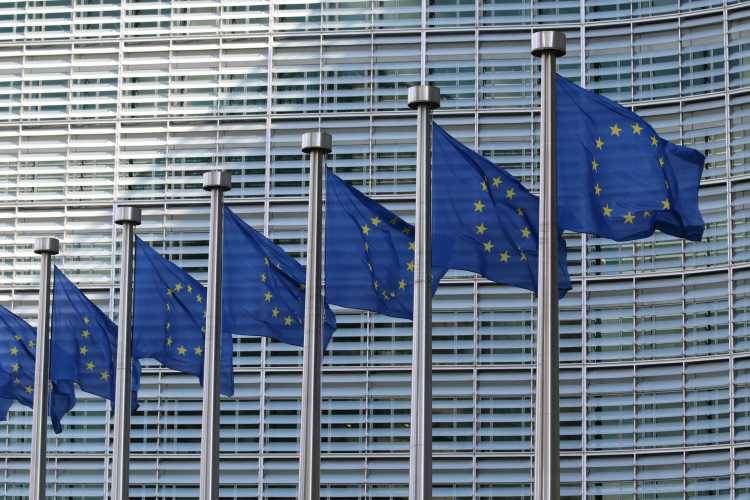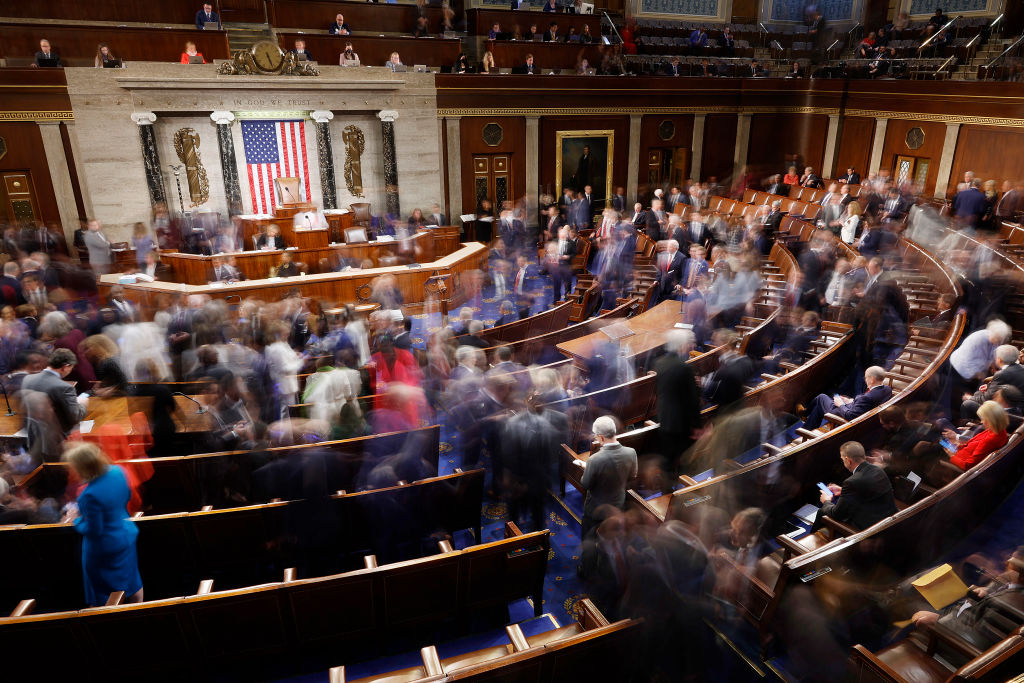

The European Union's Carbon Border Adjustment Mechanism (CBAM) is poised to significantly impact India's steel industry, which has been grappling with increased costs and competition as a result of this new policy [f61eff62]. CBAM aims to prevent carbon leakage by imposing tariffs on imports, particularly affecting sectors such as steel, cement, and aluminum. Since 2018, India has already faced an estimated $4.4 billion in export losses due to EU tariffs, raising concerns about the sustainability of its steel sector [f61eff62].
Finance Minister Nirmala Sitharaman has publicly criticized CBAM, labeling it a 'unilateral' trade barrier that disproportionately affects developing nations [f61eff62]. In response to these challenges, India is considering implementing retaliatory tariffs on EU goods, which could escalate trade tensions between the two regions [f61eff62].
Starting in 2026, CBAM will require exporters to report emissions data, a move that poses additional challenges for India's steel industry, which has a carbon intensity three times the global average [f61eff62]. Despite these hurdles, India is actively seeking to invest in cleaner technologies to reduce its carbon footprint and is also contemplating contesting CBAM at the World Trade Organization (WTO) [f61eff62]. This transition presents both challenges and opportunities for India's steel sector as it navigates the complexities of global trade and climate policy.
In the broader context, the EU's emissions reporting requirements and the implementation of CBAM reflect a growing trend towards stricter environmental regulations that aim to address climate change while balancing economic interests [23aef6a0]. As countries around the world adapt to these changes, the interconnectedness of trade, environmental policy, and economic resilience will become increasingly critical in shaping future relations and industry practices.